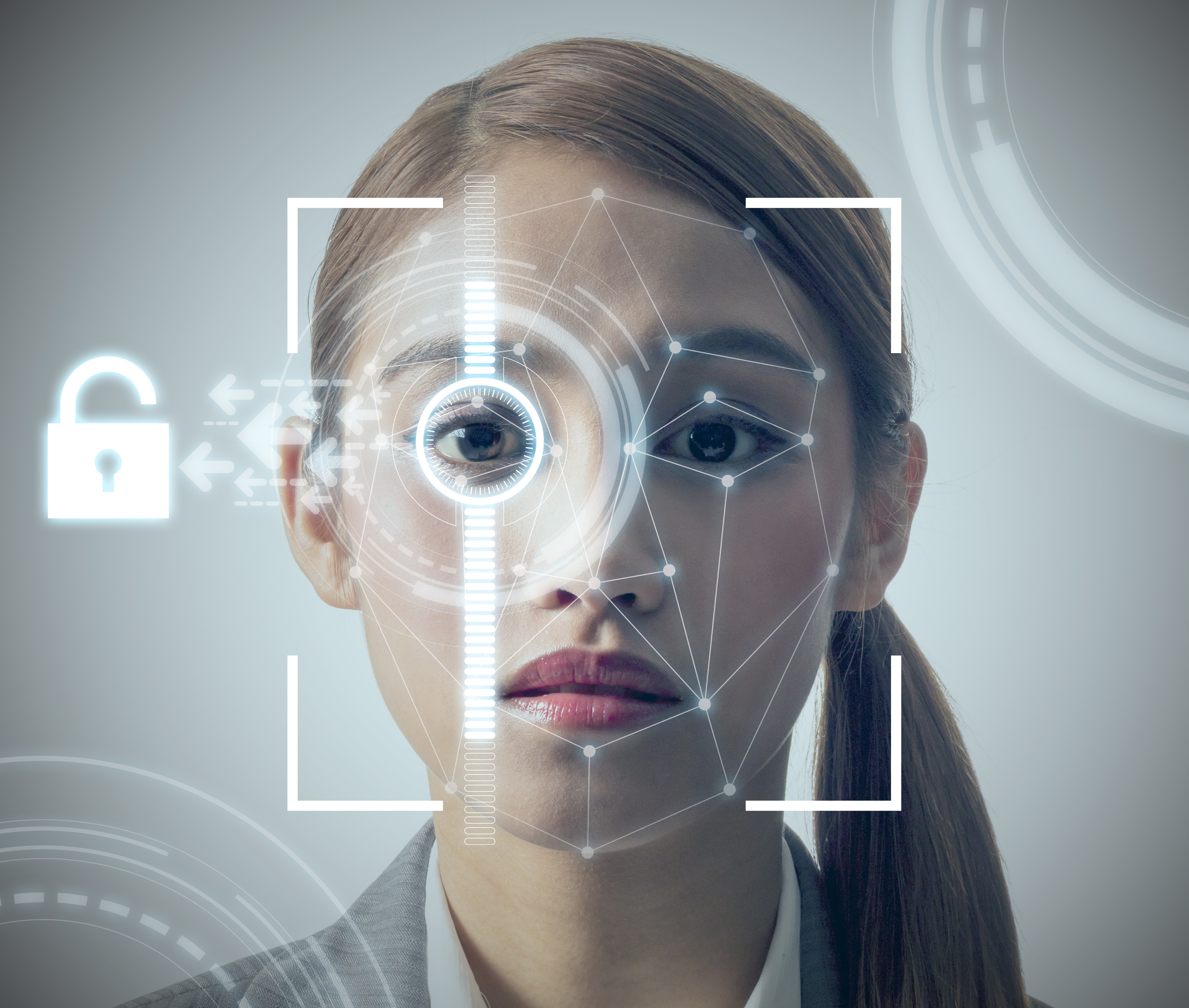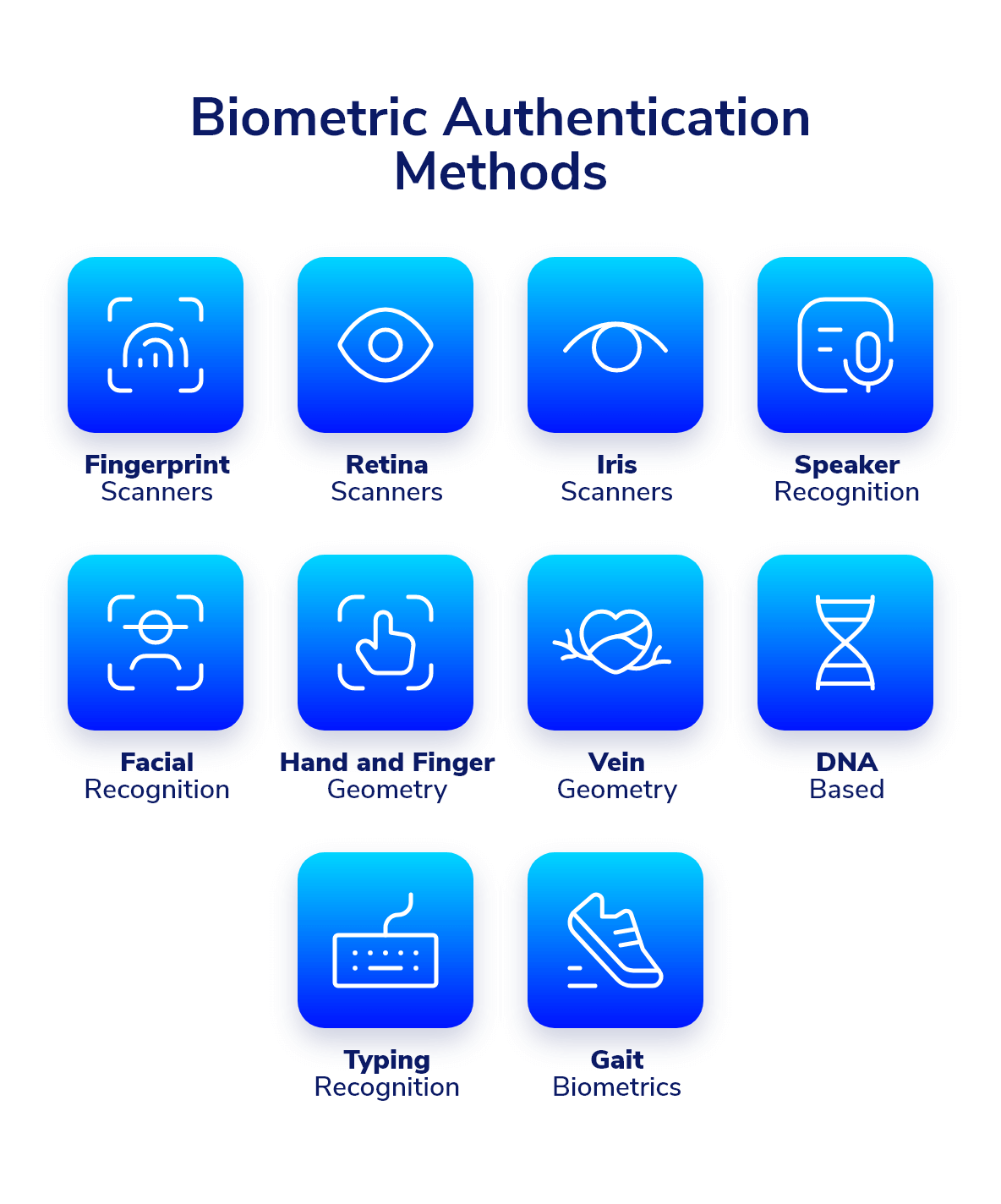AI-Based Biometric Authentication: The Future of Identity Verification
Biometric authentication is a rapidly growing field, with new advancements being made all the time. Artificial intelligence (AI) is playing a major role in the development of biometric authentication, and it is poised to make a significant impact on the way we verify our identities in the future.

There are a number of reasons why AI is so well-suited for biometric authentication. First, AI is able to learn and adapt, which means that it can be trained to recognize different biometric features more accurately than traditional methods. Second, AI is able to process data quickly and efficiently, which makes it ideal for large-scale biometric identification systems. Third, AI can be used to create secure biometric templates that are resistant to spoofing attacks.
As a result of these advantages, AI-based biometric authentication is becoming increasingly more common. It is already being used in a variety of applications, including:
- Access control: AI-based biometric authentication is used to control access to secure facilities, such as government buildings, military bases, and corporate headquarters.
- Fraud prevention: AI-based biometric authentication is used to prevent fraud in a variety of applications, such as online banking, credit card transactions, and e-commerce.
- Personal identification: AI-based biometric authentication is used to identify individuals for a variety of purposes, such as law enforcement, border control, and healthcare.

Benefits of AI-Based Biometric Authentication
There are a number of benefits to using AI-based biometric authentication. These benefits include:
- Increased security: AI-based biometric authentication is more secure than traditional methods of authentication, such as passwords and PINs. This is because biometric features are unique to each individual and cannot be easily replicated.
- Convenience: AI-based biometric authentication is more convenient than traditional methods of authentication. This is because it does not require users to remember passwords or PINs.
- Scalability: AI-based biometric authentication is scalable to large-scale applications. This is because AI can be used to process data quickly and efficiently.
- Reliability: AI-based biometric authentication is reliable. This is because AI can be trained to recognize different biometric features accurately, even in difficult conditions.

Challenges of AI-Based Biometric Authentication
While AI-based biometric authentication offers a number of benefits, there are also some challenges that need to be addressed. These challenges include:
- Spoofing attacks: AI-based biometric authentication can be vulnerable to spoofing attacks, in which an attacker attempts to trick the system into thinking that they are a legitimate user. This can be done by using a fake biometric template or by using a biometric feature that belongs to someone else.
- Data privacy: AI-based biometric authentication systems collect a large amount of data about individuals. This data can be used to track individuals' movements and activities, which raises concerns about privacy.
- Cost: AI-based biometric authentication systems can be expensive to develop and deploy. This can make them impractical for some applications.

The Future of AI-Based Biometric Authentication
Despite the challenges, AI-based biometric authentication is a promising technology with a lot of potential. As AI continues to develop, it is likely that AI-based biometric authentication will become more secure, more convenient, and more scalable. This will make it the ideal solution for a wide range of applications, from access control to fraud prevention to personal identification.
Here are some of the ways that AI-based biometric authentication is expected to evolve in the future:

- Improved accuracy: AI-based biometric authentication systems will become more accurate at recognizing different biometric features. This will make them less vulnerable to spoofing attacks.
- Greater flexibility: AI-based biometric authentication systems will become more flexible and able to accommodate a wider range of biometric features. This will make them more suitable for use in a variety of applications.
- Lower cost: AI-based biometric authentication systems will become more affordable, making them more accessible to a wider range of organizations.
As AI-based biometric authentication continues to evolve, it is poised to play a major role in the future of identity verification. It is likely to become the standard for a wide range of applications, from access control to fraud prevention to personal identification.
Conclusion


AI-based biometric authentication is a powerful technology with a lot of potential. It is more secure, more convenient, and more scalable than traditional methods of authentication. As AI continues to develop, AI-based biometric authentication is expected to become even more accurate, more flexible, and lower cost. This will make it the ideal solution for a wide range of applications, from access control to fraud prevention to personal identification.
Post a Comment